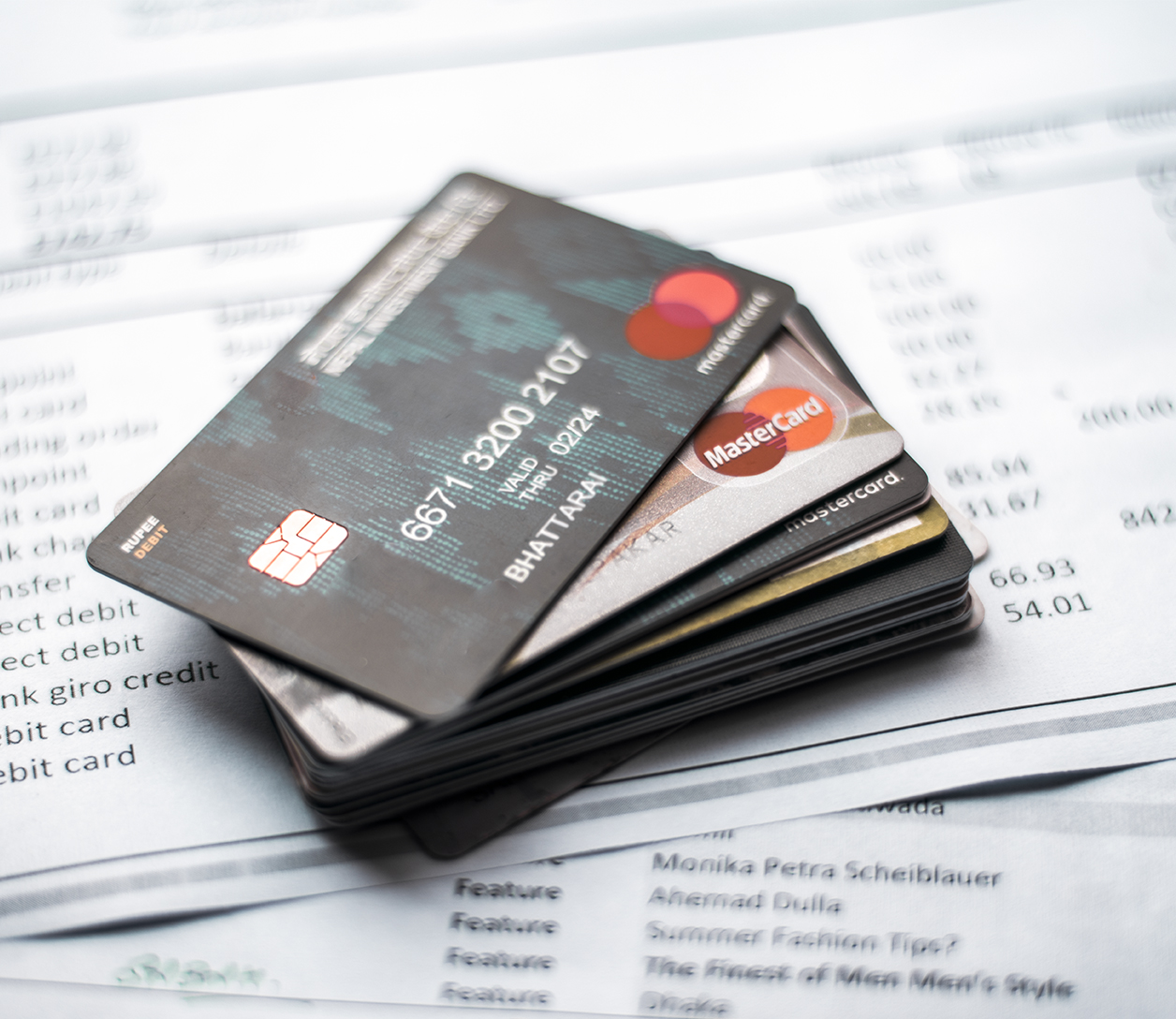Pros and Cons of A Credit/Debit Card

In today's world, it seems easier to pull out your card and swipe it through for any purchases you make. But choosing one from either credit or a debit card makes a huge difference; without proper understanding of the system, you can get into serious financial troubles! The vast difference between the two card systems is a crucial idea one must understand while swiping these cards or even before getting one from the bank! Most users sometimes have a superficial grasp to how these cards work. But there are a bunch of invisible perks and downsides one must be aware about.
To start off, we must know what debit and credit cards are. Debit cards are directly linked to your personal bank accounts whereas credit cards are linked to the money given by the bank. Through debit cards, you make purchases with the money you have in your account. The money you use from a credit card is as the name suggests- “credit”; loan from the bank that you have to pay back in a given time. Generally, people stick to debit cards as it is an easier way of controlling their spending and to avoid piling up credit debts. But there are many more things you need to know before getting either one of these.
Both of these cards no-doubt bring good things to the table. For starters, debit cards control your spending and keep you updated with how much money you have in your bank. When you spend from a debit card, you do not have to worry about debts or paying interests- since you're using your own money! Nowadays you can use debit cards anywhere and it also grants you access to paper money through ATMs. Similarly, credit cards are also widely accepted and they moreover give you access to money you need but may not have. For instance: if you need money to pay for a certain good or service but you do not have the money with you or in your account, a credit card lets you borrow money from the bank, given that you will pay it back when it is due. This also goes with the fact that credit cards can come in handy during emergencies! And on the same note, credit cards give you flexibility on your spending; as long as you can pay off what you borrow. Many banks provide customers with schemes for rewards from using credit cards; such as gift coupons, shopping discounts or meal offers. In terms of safety, both these cards can be cancelled as soon as you lose them and inform the bank officials. Paper money you lose may not come back, but cancelling a card can surely save you some bucks!
Most of the benefits can seem attracting to you, but they can change into disadvantages if you are not careful with your card usage! There are various drawbacks to both these cards and some can even get you into serious trouble. Some drawbacks of debit cards can come up to you indirectly. For example: debit cards keep your spending in control, but these cards limit your overall spending. You may not have money for emergencies if you do not use your money wisely. A major downside for its mobility is that debit cards charge you a certain fee when you withdraw money from ATMs that are not affiliated with your bank. In contrast to debit cards, the downsides of credit cards are quite straightforward. If you cannot control your spending, you may rack up a huge pile of debt and get into legal trouble! While paying back your credit, if you exceed the due date, the bank charges interest on the money; meaning you will have to pay back more than what you borrowed. Sometimes calculating what you spend and what you can pay back, might not go as planned. And having it wrong with a credit card is not a good idea!
Debit and credit cards make payments a lot easier. But like every other financial decisions, you need to analyze the pros and cons of these cards before jumping into getting one. By doing your research, you can conclude on the right type of card you need and can afford!


